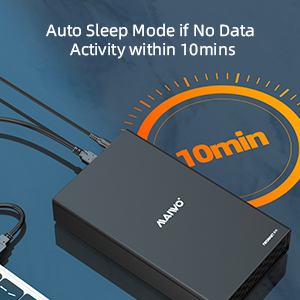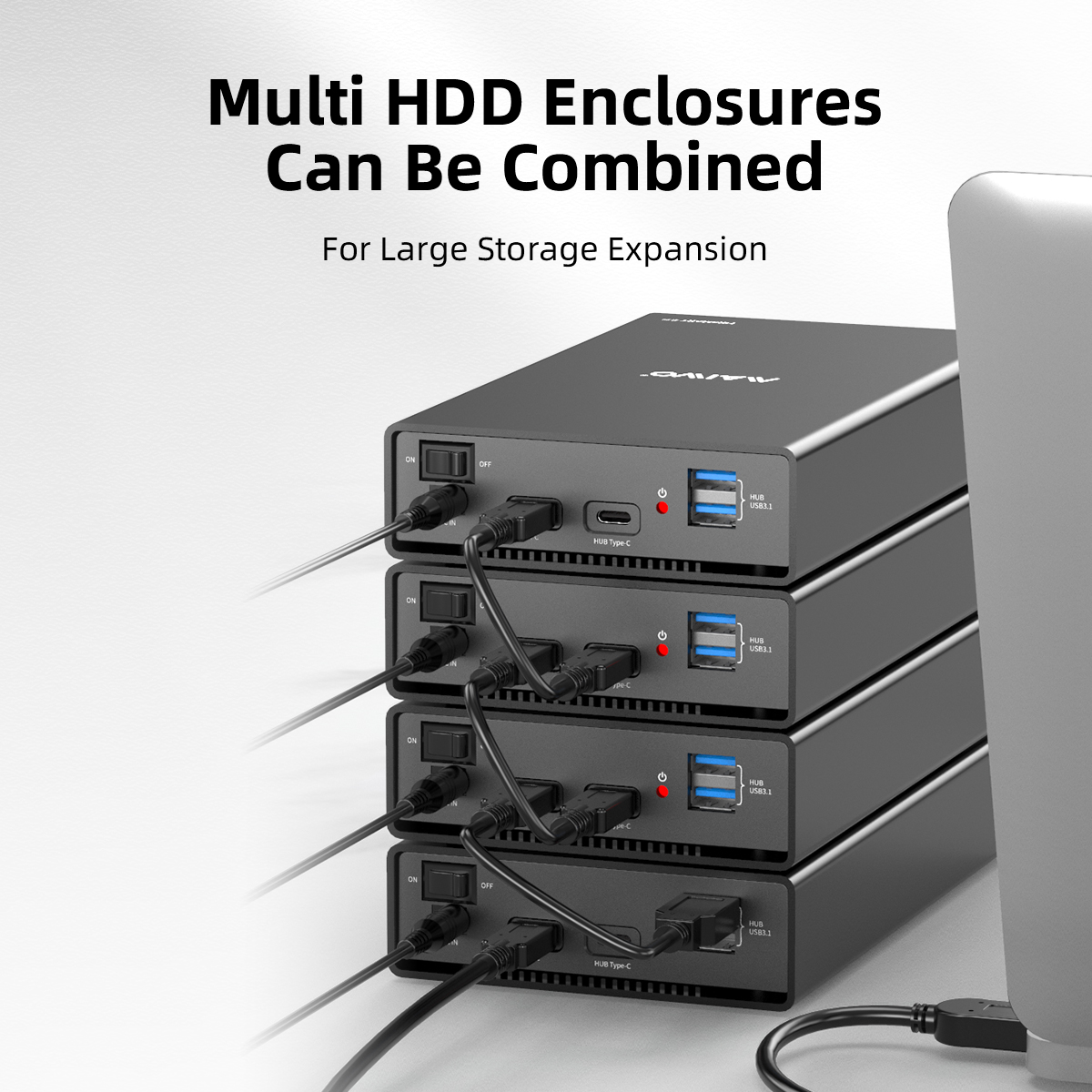Exploring the Effectiveness of Hard Drive Enclosures
Hard drive enclosures are external casings designed to protect and house an internal hard drive securely. These enclosures allow users to utilize internal hard drives externally, providing additional storage and portability. Supporters claim that hard drive enclosures are a reliable and efficient way to store data, while skeptics argue that they may not perform as well as internal drives. In this article, we will examine the functionality, benefits, and drawbacks of hard drive enclosures to determine their efficacy in data storage and usage.

Enhancing Storage Flexibility and Portability
Hard drive enclosures offer numerous advantages for individuals seeking external storage solutions. Firstly, they provide the ability to transform an internal hard drive into an external drive, making it easy to transport large amounts of data between different devices. Additionally, enclosures are compatible with various interface types, including USB, Thunderbolt, and eSATA, ensuring compatibility with a wide array of devices such as laptops, desktops, and gaming consoles. Moreover, hard drive enclosures come in different sizes, allowing users to choose the enclosure that fits their specific needs. Whether one requires a 2.5" enclosure for mobility or 3.5" for heavier storage demands, enclosures offer versatility and customization options. This flexibility enables users to have more control over their data management setup.
Do Hard Drive Enclosures Live Up to Expectations?
The functionality and performance of hard drive enclosures are crucial factors to consider when assessing their effectiveness. Enclosures typically provide plug-and-play functionality, meaning they can be connected and used immediately without the need for specialized software or extensive setup procedures. However, data transfer speed is a point of concern. While internal hard drives generally provide faster read and write speeds due to their direct connection to the computer's motherboard, the speed achieved through hard drive enclosures can be influenced by various factors such as interface type, enclosure material, and the quality of the USB or Thunderbolt cable used. It is essential to evaluate these factors when selecting an enclosure to ensure optimal performance.
Understanding the Limitations of Hard Drive Enclosures
Despite their advantages, hard drive enclosures have certain limitations that users must be aware of. Firstly, due to the external nature of the enclosure, there is a higher risk of physical damage when compared to internal hard drives. Mishandling, dropping, or exposure to extreme temperatures can potentially cause irreversible data loss. Furthermore, heat dissipation can be a concern. Internal drives are often cooled by the computer's fan or case airflow. In contrast, enclosed drives may generate more heat, requiring additional cooling solutions such as fans or heatsinks. Failure to manage heat properly can lead to decreased performance or, in extreme cases, hardware failure. Finally, hard drive enclosures are susceptible to compatibility issues. While most enclosures are designed to be universally compatible, it is essential to verify compatibility with the desired device and operating system before making a purchase. Incompatibility may result in the drive not being recognized or limited functionality.

Making an Informed Decision
In conclusion, hard drive enclosures offer users a convenient method to utilize internal drives externally. They provide flexibility, portability, and compatibility with different devices, allowing users to store and transfer data effortlessly. However, it is crucial to consider their potential drawbacks such as reduced performance compared to internal drives, susceptibility to physical damage, heat dissipation issues, and compatibility challenges. By thoroughly evaluating these factors, users can make informed decisions regarding the suitability of hard drive enclosures for their specific storage needs.